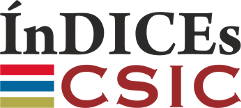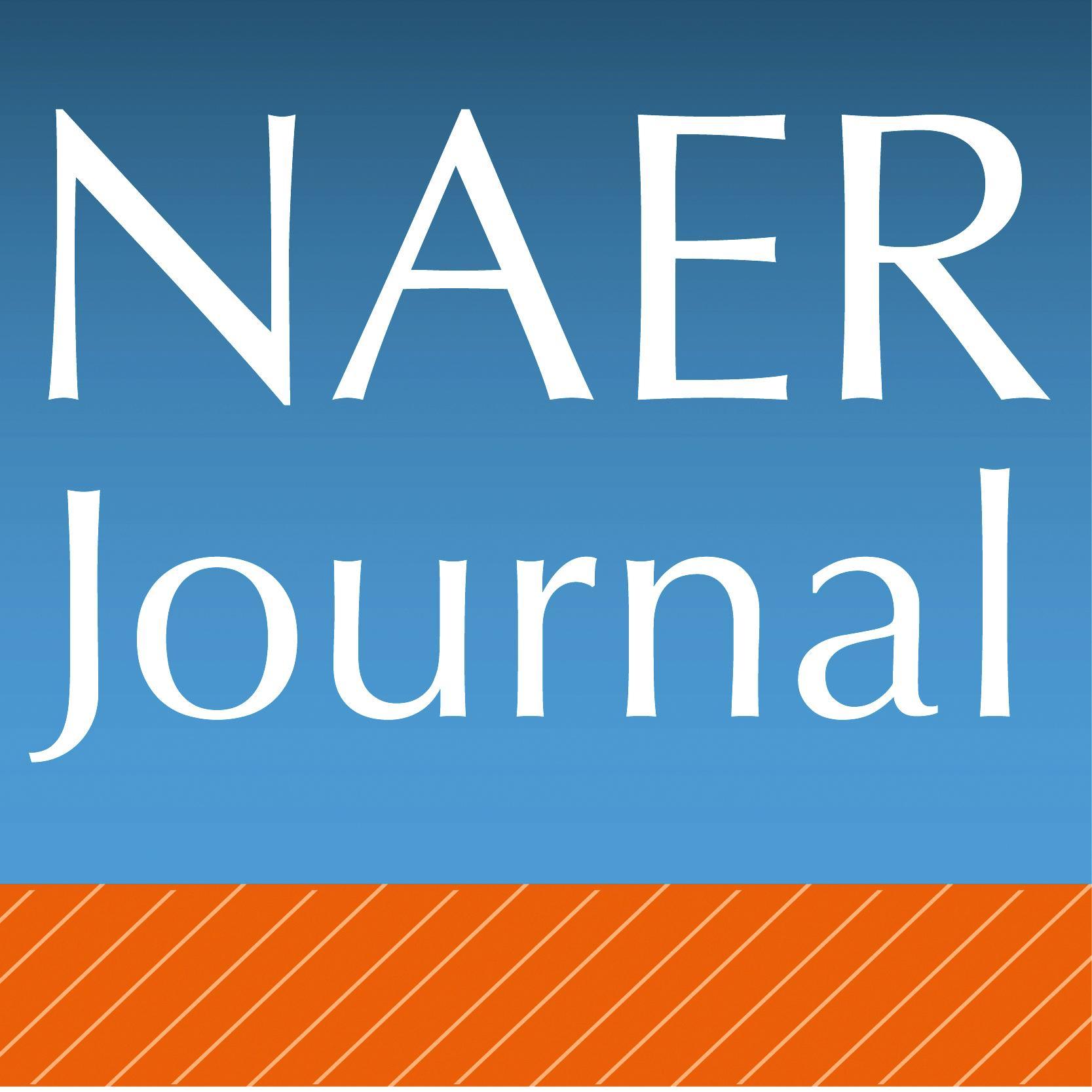Ética e investigación en Tecnología Educativa: necesidad, oportunidades y retos
Resumen
A pesar de que la ética no ocupa un lugar privilegiado en los estudios del ámbito de la tecnología educativa, su transversalidad nos debe llevar a considerar su importancia en tres grandes ámbitos: la ética como compromiso de acción y de investigación (que parte de la cada vez más expresa recomendación institucional de respeto hacia principios éticos sólidos y compartidos), la ética como regulación del investigador (que le exige el respeto de esos principios generales en el quehacer concreto del proceso de investigación) y la ética como objeto de estudio (que entiende que las diferentes respuestas éticas a las diversas situaciones tiene un interés intrínseco que merece ser estudiado). De todo ello se reflexiona en el presente artículo, a fin de dar pautas que ayuden a promover investigaciones sobre tecnología educativa seguras, éticas y responsables.
Descargas
-
Resumen3503
-
PDF1894
-
Infografía16381
-
Sin título16381
Citas
AERA (2011). Code of Ethics. Educational Researcher, 40, 3, 45–156. DOI: 10.3102/0013189X11410403 Recuperado de: http://c.ymcdn.com/sites/www.weraonline.org/resource/resmgr/a_general/aera.pdf
Buchanan, R. A. (1965). Technology and Social Progress. Oxford: Pergamon Press.
BERA (2011). Ethical Guidelines for Educational Research. Recuperado de: https://www.bera.ac.uk/wp-content/uploads/2014/02/BERA-Ethical-Guidelines-2011.pdf?noredirect=1
COSCE, CRUE & CSIC (2015). Declaración Nacional sobre Integridad Científica. Recuperado de: http://www.csic.es/etica-en-la-investigacion
DHEW (1979). The Belmont Report: Ethical Principles and Guidelines for the Protection of Human Subjects of Research. Washington, DC: Department of Health, Education, and Welfare. Recuperado de: http://www.hhs.gov/ohrp/regulations-and-policy/belmont-report/index.html
ESF & ALLEA (2011). The European Code of Conduct for Research Integrity. Recuperado de: http://www.esf.org/fileadmin/Public_documents/Publications/Code_Conduct_ResearchIntegrity.pdf
ESRC (2015). Framework for Research Ethics. Recuperado de: http://www.esrc.ac.uk/files/funding/guidance-for-applicants/esrc-framework-for-research-ethics-2015/
Jonas, H. (1995). El principio de responsabilidad. Ensayo de una ética para la civilización tecnológica. Barcelona: Herder.
Olcott, D. (2002). Ética y tecnología: desafíos y elecciones inteligentes en una sociedad tecnoética. en Hanna, D.E.: La enseñanza universitaria en la era digital. Barcelona: Octaedro-EUB
Olcott, D., Carrera, X., Gallardo, E. & González, J. (2015). Ética y Educación en la era digital: perspectivas globales y estrategias para la transformación local en Cataluña. RUSC. Universities and Knowledge Society Journal, 12(2), 59-72, DOI http://dx.doi. org/10.7238/rusc.v12i2.2455. Recuperado de http://journals.uoc.edu/index.php/rusc/article/view/v12n2-olcott-carrera-gallardo-gonzalez
Pacey, A. (1983). La cultura de la tecnología. México: Fondo de Cultura Económica.
World Conference on Research Integrity (2010). Singapore Statement on Research Integrity. Recuperado de: http://www.singaporestatement.org/statement.html
Aquellos autores que tengan publicaciones con esta revista aceptan los términos siguientes :
-
Los autores conservarán sus derechos de autor y garantizarán a la revista el derecho de primera publicación de su obra, el cuál estará simultáneamente sujeto a la Licencia Creative Commons Atribución no comercial compartir por igual 4.0 Internacional que permite compartir, copiar y redistribuir el material en cualquier medio o formato y adaptar, remezclar, transformar y construir sobre el material en los siguientes términos:
Reconocimiento - Debe dar el crédito apropiado, proporcionar un enlace a la licencia, e indicar si se han realizado cambios. Puede hacerlo de cualquier manera razonable, pero no de una manera que sugiere que el licenciante o su uso hace suya. No comercial - No puede utilizar el material con fines comerciales. Compartir bajo la misma - Si remezcla, transformar o crear sobre el material, se debe distribuir sus contribuciones bajo la misma licencia que el original. -
Los autores podrán adoptar otros acuerdos de licencia no exclusiva de distribución de la versión de la obra publicada (p. ej.: depositarla en un archivo telemático institucional o publicarla en un volumen monográfico) siempre que se indique la publicación inicial en esta revista.
-
Se permite y recomienda a los autores difundir su obra a través de Internet (p. ej.: en archivos telemáticos institucionales o en su página web) antes y durante el proceso de envío, lo cual puede producir intercambios interesantes y aumentar las citas de la obra publicada. (Véase El efecto del acceso abierto).
-
En cualquier caso, el Equipo Editorial entiende que las opiniones vertidas por los autores son de su exclusiva responsabilidad.
















